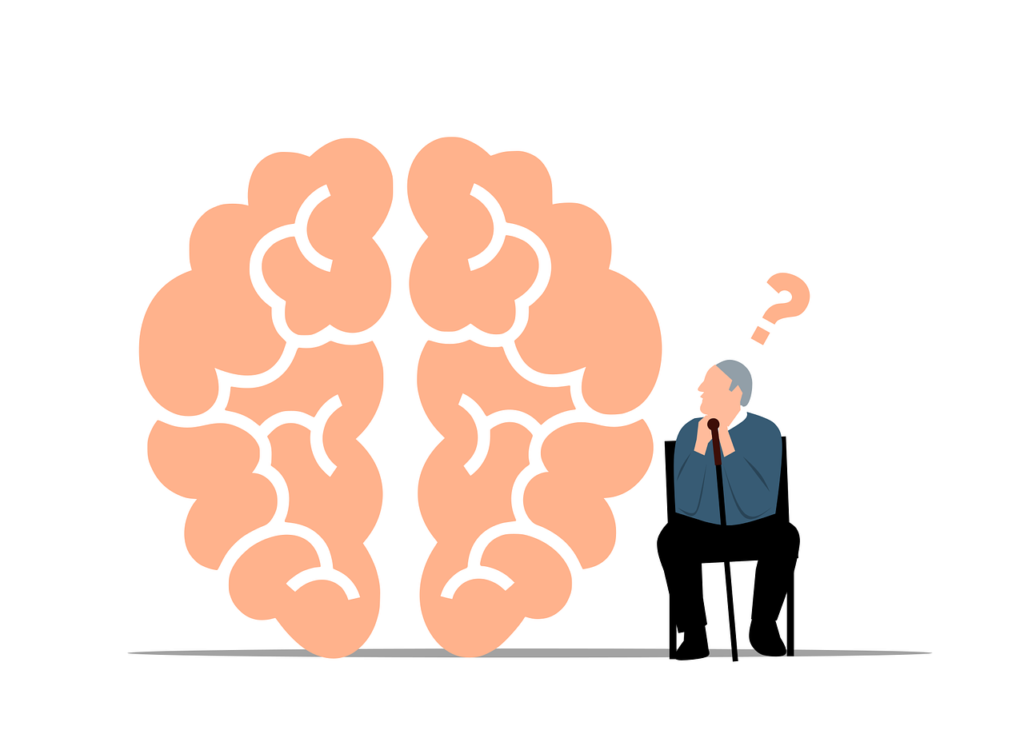
Estate planning is one of the most important steps you can take to protect your legacy and provide for your loved ones. Yet, far too often, people delay creating or updating their estate plans until they are well into their later years. While it’s never too late to plan, waiting too long can lead to unexpected challenges—especially when it comes to mental capacity.
As we age, the risk of cognitive decline increases. Conditions like Alzheimer’s disease, dementia, and memory problems become more common, potentially impairing the ability to understand and make decisions. For those who wait until these issues arise, the result can be a loss of control over their estate and the potential for family disputes.
In this blog, we’ll explore the concept of mental capacity, why it is essential for estate planning, and the guidelines that estate planning attorneys must follow to document capacity and ensure your estate plan documents are legally enforceable.
What Is Mental Capacity in Estate Planning?
 Mental capacity refers to a person’s ability to understand and make informed decisions about their estate and its distribution. The specific requirements for mental capacity can vary depending on the document being signed and the jurisdiction, but generally, it involves the ability to:
Mental capacity refers to a person’s ability to understand and make informed decisions about their estate and its distribution. The specific requirements for mental capacity can vary depending on the document being signed and the jurisdiction, but generally, it involves the ability to:
- Understand the Nature of the Document: The person must know they are creating an estate planning document, such as a will or trust.
- Understand Their Assets: They must have a general understanding of the type and extent of their property.
- Understand Their Relationships: They should know who their beneficiaries are and the effect of their decisions on these individuals.
- Make Decisions Free of Undue Influence: The person must make decisions voluntarily, without being coerced or manipulated by others.
Take stock of these four factors. A lack of understanding of any or all of these factors can point to diminished capacity. As long as you or your loved one are able to clearly understand these factors, the mental capacity to create an estate plan still exists. Don’t wait until it is too late – contact an experienced estate planning attorney right away!
Signs of Diminished Capacity, What is Diminished Capacity?
 “Diminished Capacity” simply means a person is unable to fully understand the nature and consequences of an act. If you are helping a loved one with their estate planning, watch for signs of diminished capacity, such as:
“Diminished Capacity” simply means a person is unable to fully understand the nature and consequences of an act. If you are helping a loved one with their estate planning, watch for signs of diminished capacity, such as:
- Difficulty remembering basic details, like names of family members or assets.
- Trouble following the conversation or appearing confused about the purpose of the discussion.
- Susceptibility to suggestions or pressure from others.
- Inability to articulate reasons for their decisions.
My Story Of Working With A Family Where The Father Had Early Signs of Short Term Memory Loss
I recently met with a family to create a plan for their dad, who had early stage dementia. He was still living alone and caring for himself, but experienced short term memory loss. However, there was no medical diagnosis at that time. During our first meeting, the dad became confused and frustrated, so I ended the meeting.
A few weeks later the family reached out again, and asked if we could meet early in the morning, as dad was better in the mornings. At our second meeting, the dad was clear about his wishes and demonstrated that he understood the nature of the documents we were creating for him. When it came time to sign, I was careful to review everything with him again and documented his understanding of the plan. These are the steps I take to ensure the estate plan will hold up to any challenges relating to mental capacity.
Steps to Assessing your Loved Ones Mental Capacity
In my practice, I meet with clients several times before we sign any estate planning documents. These meetings are designed to determine a client’s goals and wishes, and also to ensure the client has the requisite mental capacity which make these documents legally binding.
This starts with a conversation.
Once we sit down together I am going to ask open-ended questions to determine if the person understands the purpose of the estate planning process. For example:
- “Can you tell me what this document is for?”
- “Who do you want to inherit your property?”
I also take detailed notes of the conversation and document the person’s responses. This record can be invaluable if the plan is later challenged. If there are doubts about their capacity, together we’ll weigh the options and consider involving a doctor or licensed mental health professional to evaluate the individual’s cognitive state. A medical evaluation can provide a formal assessment of their capacity. This will keep us out of court in the event someone decides to contest the estate plan and is a precautionary measure.
The use of “disinterested witnesses.”
When signing estate planning documents, in addition to the attorney, one or more neutral witnesses should also be present when the documents are signed. These witnesses can attest to the person’s mental state if it is questioned later.

Dealing with Challenges to Capacity
Even if capacity is established at the time of signing, disputes can arise after the person’s death. Heirs can claim that the individual was not competent or was under undue influence at the time the plan documents were signed. To reduce the risk of post-mortem capacity challenges:
- Early Planning: Estate planning is best done well before any signs of cognitive decline.
- Include Professional Documentation: A medical assessment or attorney’s certification of capacity can support the validity of the documents.
- Consider Video Evidence: Recording the signing process can provide further proof of the individual’s understanding and intent. However, estate planning attorneys have differing opinions about the effectiveness of video evidence for challenges to capacity – a recording may create more issues than it solves.
Final Thoughts
Determining mental capacity is a critical step in the estate planning process. It ensures that the individual’s wishes are honored and reduces the risk of disputes. If you have concerns about your own capacity or that of a loved one, don’t hesitate to consult an experienced estate planning attorney. Planning for the future is a thoughtful and empowering act—ensuring it’s done correctly is just as important!




